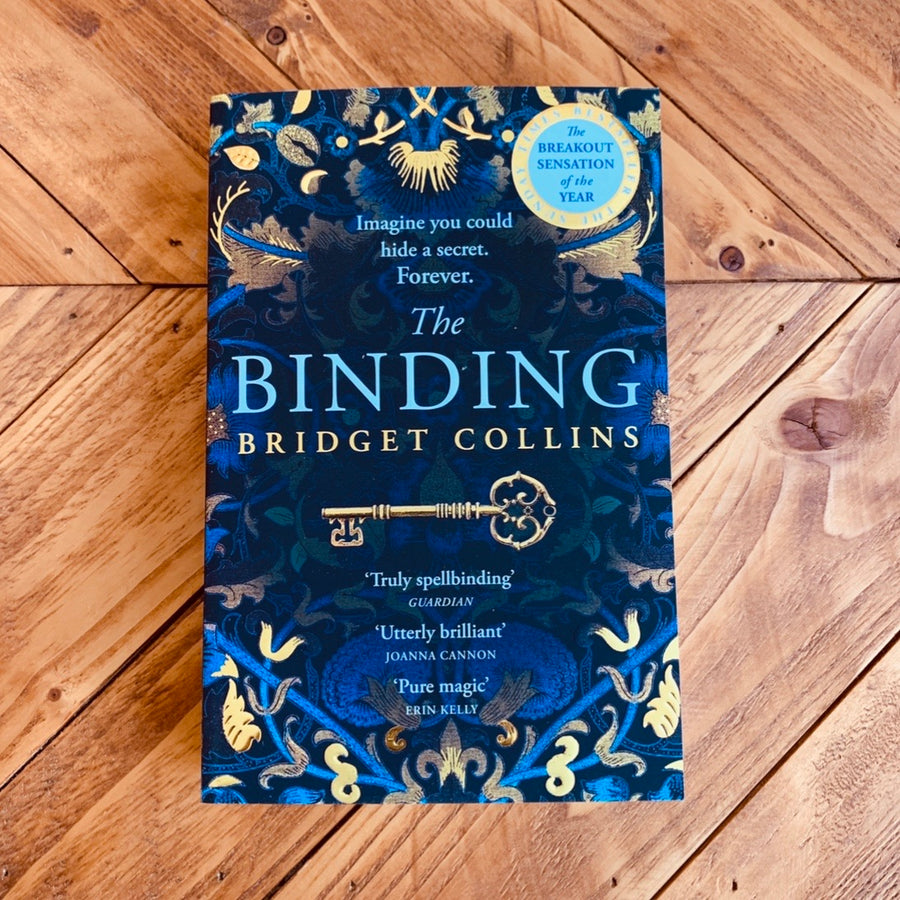

Now she wants nothing but to sell what little she has left and be emptied.


Within the world of “The Binding,” affection becomes gossamer fragile: Is it possible to love when that love can be so trivially erased? The most horrifying of the novel’s victims is the starving mother of three who doesn’t recognize her own children because all she had to sell were her memories of loving them. ” we tick on one obligatory service agreement after another. Vampires may be unable to enter a house without permission, but nowadays the consent required to bind someone’s memories is as meaningful as the “O.K. In fact, they’re barely removed from the venture capitalists of today’s world, funding tired, red-eyed coders to cast their spells into the night, building waves of disruption that swamp vast swaths of lives. We can easily recognize her grotesquely vampiric aristocrats: They are more and not less terrifying because they don’t have any supernatural powers of their own. Collins’s vivid descriptions of the abuse of that magic within a grimy faux-Victorian-era world of workhouses and exploitation are almost too painfully true. The magic of Bridget Collins’s novel “The Binding,” in which gifted craftsmen are able to remove those memories entirely and create books full of captured experiences, is only a step away from that reality. The ability to set your memories down for safekeeping (or for unsafekeeping, if the book you write falls into the wrong hands) is entirely real. Telepathy, mind control, time travel: These are all just exaggerations of the power books actually have. Of course, books don’t need to be turned into magical artifacts.


 0 kommentar(er)
0 kommentar(er)
